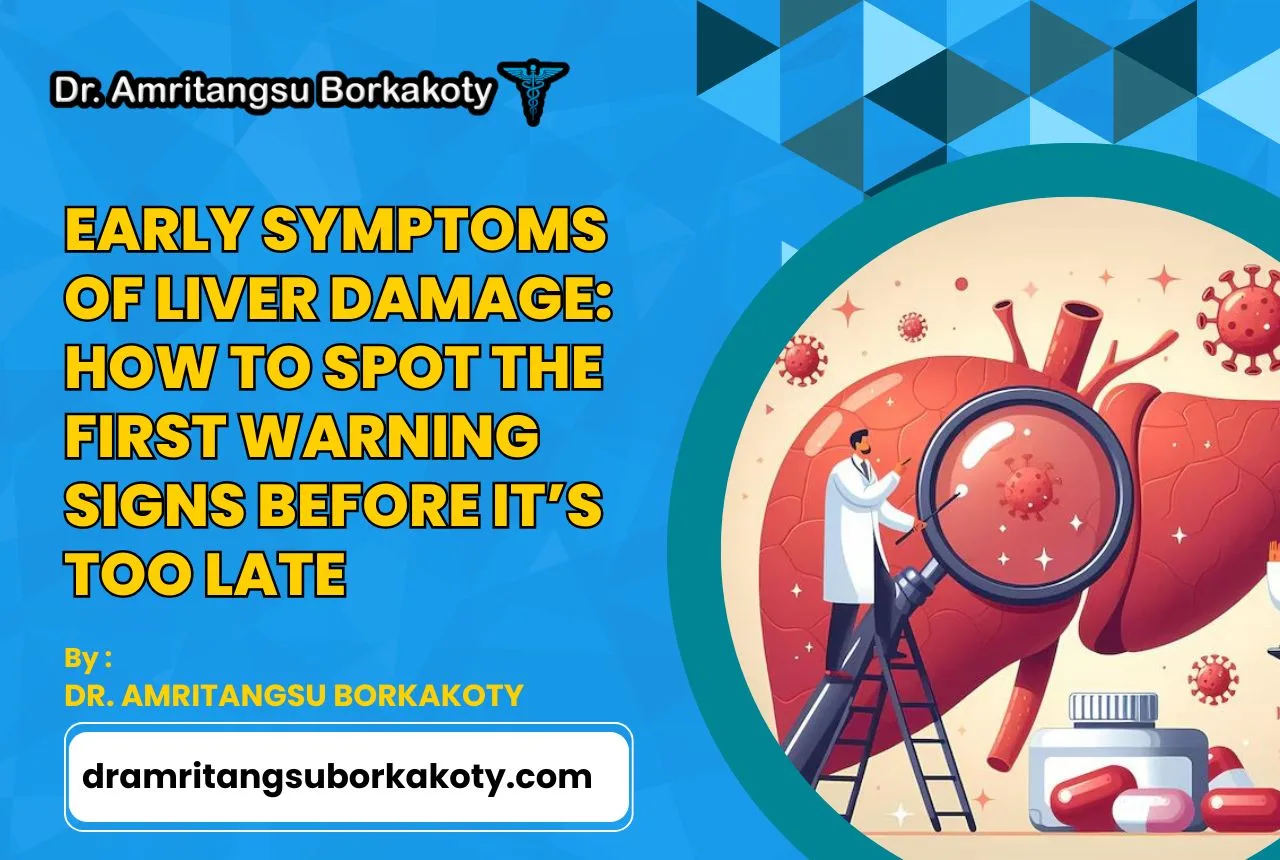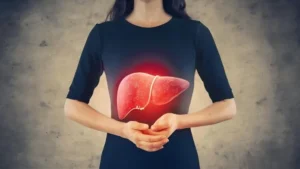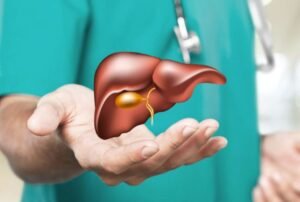
-
Posted By Rashmi Sarmah
-
-
Comments 0
The early symptoms of liver damage can be subtle, which is why understanding the liver’s importance is crucial. It is one of the most vital organs in the human body and plays a key role in detoxification, digestion, metabolism, and nutrient storage. From filtering toxins in the bloodstream to producing bile for digestion, the liver supports multiple essential functions every day.
However, what makes liver-related illnesses particularly dangerous is that liver damage often progresses silently. In many cases, people may experience early symptoms of liver damage that are mild, vague, or even absent until serious complications arise.
The purpose of this blog is to help you recognize the early symptoms of liver damage so you can act in time. Timely diagnosis and lifestyle modifications can prevent severe outcomes like cirrhosis, liver failure, or even liver cancer.
Why Early Detection of Liver Damage is Crucial?
Liver diseases are often known as “silent killers” because noticeable symptoms usually appear only in the advanced stages. This makes it extremely important to identify and act upon the early symptoms of liver damage before it’s too late.
Detecting liver issues early allows for:
- Reversible lifestyle changes and medical interventions
- Prevention of permanent damage such as fibrosis or cirrhosis
- Avoidance of extreme solutions such as liver transplantation
High-risk groups who should be especially vigilant include:
- Regular alcohol consumers
- Individuals with obesity, diabetes, or metabolic syndrome
- People with hepatitis B or C
- Those on long-term medications or exposed to environmental toxins
7 Early Symptoms of Liver Damage
Understanding the early symptoms of liver damage can be life-saving. Here are seven signs you should never ignore:
1. Persistent Fatigue
Feeling tired or lacking energy despite adequate rest can signal your liver is under stress. This is often due to toxins building up in the bloodstream when the liver cannot filter efficiently.
2. Jaundice (Yellowing of Eyes and Skin)
One of the most recognizable early symptoms. Jaundice occurs due to the accumulation of bilirubin, a yellow pigment formed during the breakdown of red blood cells, which the liver usually processes.
3. Abdominal Pain or Swelling
Discomfort or a feeling of fullness, especially in the upper right quadrant of the abdomen, can indicate liver inflammation or ascites (fluid buildup). This is a possible early symptom of liver damage.
4. Dark-Colored Urine and Pale Stools
These changes occur due to disruptions in bile production or flow. This is often one of the early symptoms of liver damage that people mistake for dietary issues or dehydration.
5. Loss of Appetite and Nausea
Unexplained weight loss, frequent nausea, or a sudden aversion to food may be early indicators of liver stress or malfunction.
6. Itchy Skin (Pruritus)
Chronic itching can occur when bile salts accumulate under the skin due to improper bile drainage. This is another subtle early symptom of liver damage.
7. Easy Bruising or Bleeding
If you notice frequent bruising or prolonged bleeding from minor cuts, your liver might not be producing enough clotting proteins, which points to potential damage.
When to See a Doctor?
You should seek medical attention if:
- Multiple early symptoms of liver damage occur together
- Fatigue, jaundice, or weight loss persists for more than a few days
- There is a family history of liver disease or high-risk lifestyle factors
- Routine blood tests show elevated liver enzymes
Consulting a gastroenterologist or hepatologist is crucial for timely diagnosis and intervention.
Common Causes of Liver Damage
Understanding what leads to liver damage can help in prevention:
- Excessive Alcohol Use – Long-term consumption leads to alcoholic liver disease
- Non-Alcoholic Fatty Liver Disease (NAFLD) – Linked to obesity, poor diet, and insulin resistance
- Chronic Hepatitis B and C – Major viral infections that silently damage liver cells
- Overuse of Medications – Especially painkillers, antibiotics, or unregulated herbal remedies
- Exposure to Toxins – Chemicals in workplaces or environments can injure liver tissues
- Autoimmune Liver Conditions – Diseases like autoimmune hepatitis or primary biliary cholangitis cause the body to attack its own liver cells
How to Keep Your Liver Healthy?
Preventing liver damage begins with lifestyle choices. Here’s how to maintain liver health:
- Eat a balanced, antioxidant-rich diet with low saturated fat
- Limit or avoid alcohol completely
- Stay active and exercise regularly to prevent fatty liver
- Use medications only as prescribed and avoid unnecessary drugs
- Get vaccinated for Hepatitis A and B
- Stay hydrated and avoid processed or junk foods
- Schedule regular liver function tests if you’re in a high-risk group
Final Thoughts on Early Symptoms of Liver Damage
Recognizing the early symptoms of liver damage is essential for protecting your overall health. Since liver disease often progresses quietly, symptoms like fatigue, jaundice, or abdominal swelling should never be ignored.
If you or someone you know falls in a high-risk group, do not wait. Seek timely medical advice and get screened. The good news is that when detected early, most liver conditions can be managed or even reversed with proper care.
Your liver matters. Listen to what it’s trying to tell you.
Recent Posts
- Early Symptoms of Liver Damage: How to Spot the First Warning Signs Before It’s Too Late
- Best Treatment for Hepatitis B and C: Your Complete Guide to Symptoms, Care, and Prevention
- How to Reduce Liver Inflammation Fast: 5 Proven Tips for Rapid Liver Recovery
- Why You Shouldn’t Ignore NAFLD: 5 Shocking Health Risks You Need to Know
- Nutrient Rich Food for Liver: 6 Powerful Foods That Transform Liver Health



